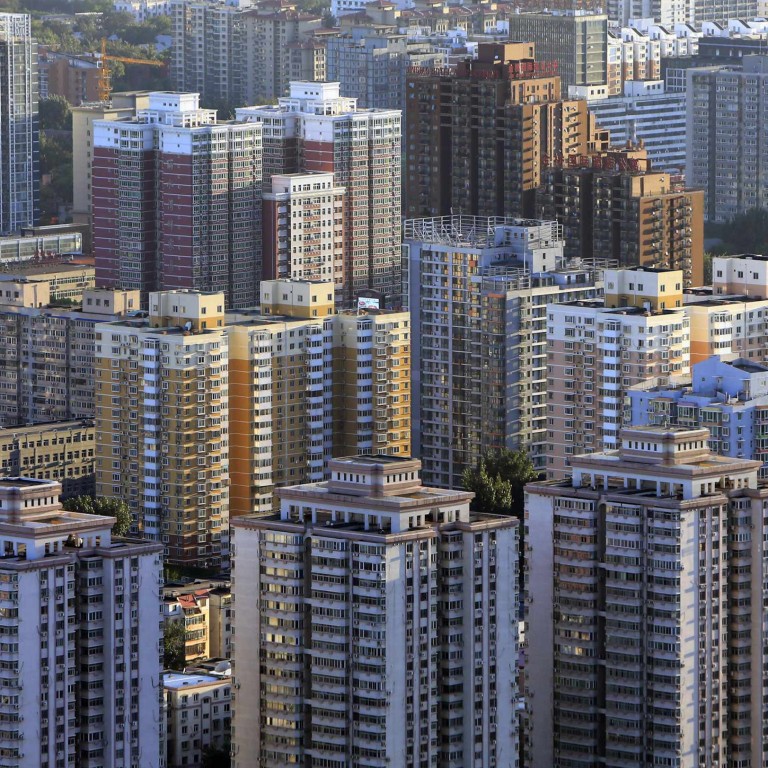
China’s property companies gaining attraction for investors on valuation
Valuations of Chinese property companies are now at such a depressed level they may be attractive for punters in the country’s volatile markets, reports by several analysts said.
UBS bank said in a report to clients that the property sector’s forward PE ratio for 2016 now stands at around 7. Jefferies said in a separate report the property sectors’ historical PE should be at 10.6. The price earnings (PE) ratio is a popular metric used by investors to partly determine if a stock is worth investing in, with most companies having an average reading of 15 to 17. Given the historical average of 10.6, the companies in China’s property sector would be seen as undervalued.
“Over the medium to long term, we consider asset crystallization and state-owned enterprise restructuring will remain as the key drivers for the sector that should benefit China Resources Land, Wanda, Sino-Ocean and Greentown,” UBS’s analysts wrote in a note.
In the short term, Jefferies does not expect the developers’ share prices to rebound, although the recent round of credit easing announced by the People’s Bank of China on September 30 -- lowering the mortgage down payment for first home buyers to 25 per cent – provides catalysts to new home sales particularly from property firms like Shimao, Longfor, and Vanke that has high exposure in second-tier cities since the relaxation doesn’t apply to first-tier cities that still have restrictions on home purchases.
Jefferies added that Chinese property stocks were also trading at a hefty discount to their net asset value (NAV) at 42 per cent, versus the historical average of 36 per cent.
So what else can the government do to boost sales sentiment and revive developers’ weak investment in low-tier cities? Many industry analysts still see room in a further loosening by trimming the first-time down payment requirement to 20 per cent from 25 per cent. Other possible stimulus measures include lowering the down payment for second-time home buyers to 30 per cent and cutting the deed tax.
“In the 2008 to 2009 cycle, government supportive measures included lowering the deed tax to one per cent and the down payment to 20 per cent for first-home ordinary housing purchases,” Citi said in a research paper.
Many of the developers have tapped the onshore bond market for their funding needs to take advantage of rate cuts by Beijing.
“The market is increasingly worrying that the high leverage and relaxation of bond issuance may give rise to credit risk over time, but such loosening is likely to persist for a while given the government’s determination to bolster developers,” wrote Jefferies’ analysts.
Mainland developers are now considering issuing private bonds with major developer Evergrande intending to issue 20 billion yuan worth of onshore bonds through private placement in the middle of this month.
Shares in China’s property sector have dropped almost 5 per cent this year. Mainland developers are still reluctant to invest because of high land prices in major cities and the lengthy amount of time to clear their inventories. The growth of real estate investment was estimated to decline by 7 per cent in 2016, analysts from Citi Bank wrote in a note.

